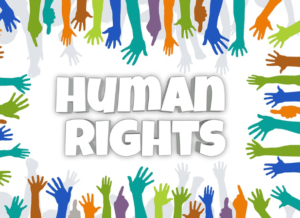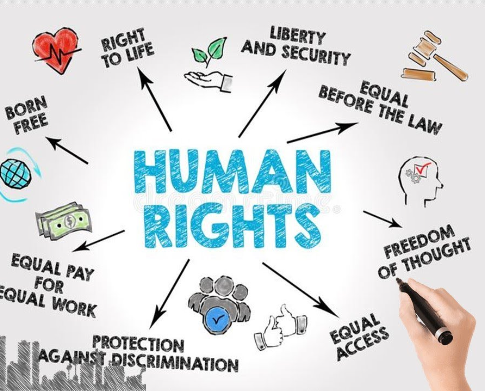|
Getting your Trinity Audio player ready...
|
Human rights form the foundation of freedom and justice for all, yet so many of us remain unaware or underinformed about their purpose. Human rights exist to protect everyone from abuses by those in power. This guide will serve as an introduction to the fundamentals of human rights, presenting both local and global examples that highlight why protecting these basic freedoms is essential for all individuals. Whether you are just starting out or simply need a refresher on this crucial topic, this beginners guide will help you understand what human right are.

What are Human Rights?
Human rights are universal freedoms that belong to all of us, regardless of our race, gender, ethnicity, sexual orientation or any other characteristic. These rights protect us from unjust treatment by governments and other powerful entities, guaranteeing basic dignities for everyone.
Why Do Human Rights Exist?
Human rights exist to ensure that the most vulnerable members of society can live with dignity and without fear of persecution. By recognizing the inherent value of each individual’s life and well-being, human rights provide a means for standing up against oppressive forces.
Where Do Human Rights Come From?
Human rights originate from a variety of sources, including international law, national constitutions and religious texts. Many countries have signed international treaties that recognize the importance of human rights, such as the Universal Declaration of Human Rights.
What Are Examples of Human Rights?
Human rights can be divided into two distinct categories: civil and political rights and economic, social and cultural rights. Civil and political rights include freedom of speech, assembly and movement; protection from torture, privacy; religious freedom; and voting rights.
Economic, social and cultural rights include the right to education, adequate housing, health care, work and a living wage. These rights are often overlooked or ignored by governments, leaving millions of people around the world without basic necessities.
How Do Human Rights Impact Us?
Human rights play an important role in protecting the vulnerable from abuses of power and ensuring that everyone can live with dignity. In countries where human rights are respected, individuals have greater access to justice and more opportunity for personal growth. This is especially true for marginalized populations who often face discrimination based on their gender, religion or ethnicity.
What Can We Do To Protect Human Rights?
Protecting human rights starts with understanding our own responsibilities and how we can use our voices to speak up for those who cannot. We can also support organizations that are working to promote human rights, such as Amnesty International and Human Rights Watch. Finally, we can use our votes to elect officials who will champion the cause of human rights both locally and abroad.
It is also important to remember that human rights are not just about protecting individuals from harm. This means respecting the rights of others, even when we do not agree with their beliefs or lifestyle choices. By treating each other with respect and compassion, we can create a world where all people get equal treatment and have access to the same opportunities.
How Can We Hold Governments Accountable?
When governments fail to protect human rights, it is important to hold them accountable. One way to do this is through pressuring politicians and decision-makers to take action. This can be done by writing letters, signing petitions and demonstrating in public. It is also important to support organizations that are working to promote human rights, such as Amnesty International and Human Rights Watch.
It is also important to remember that governments are not the only ones responsible for upholding human rights. Private companies, universities and other institutions must also take responsibility for ensuring that their operations do not violate human rights standards. This can include implementing policies to prevent discrimination and exploitation of workers. By taking a proactive approach to protecting human rights, we can ensure that everyone has access to the same opportunities and resources.
Conclusion
Finally, we must remember that protecting human rights is an ongoing process. It requires constant vigilance, dedication and courage in order to create a more equitable world . We must continue to speak out against injustices wherever they occur. By taking these steps, we can create a world where everyone is free to live with dignity and security.

